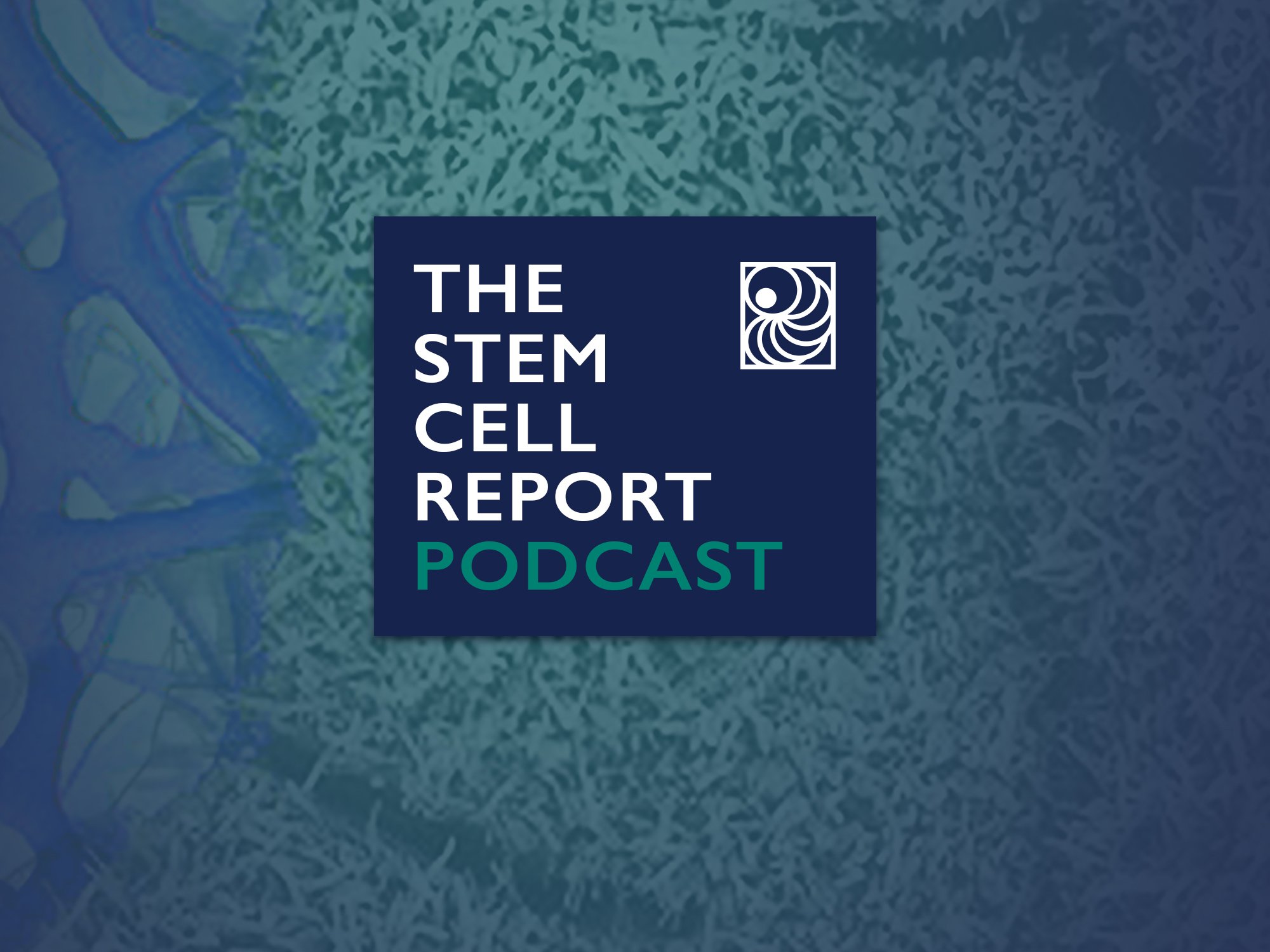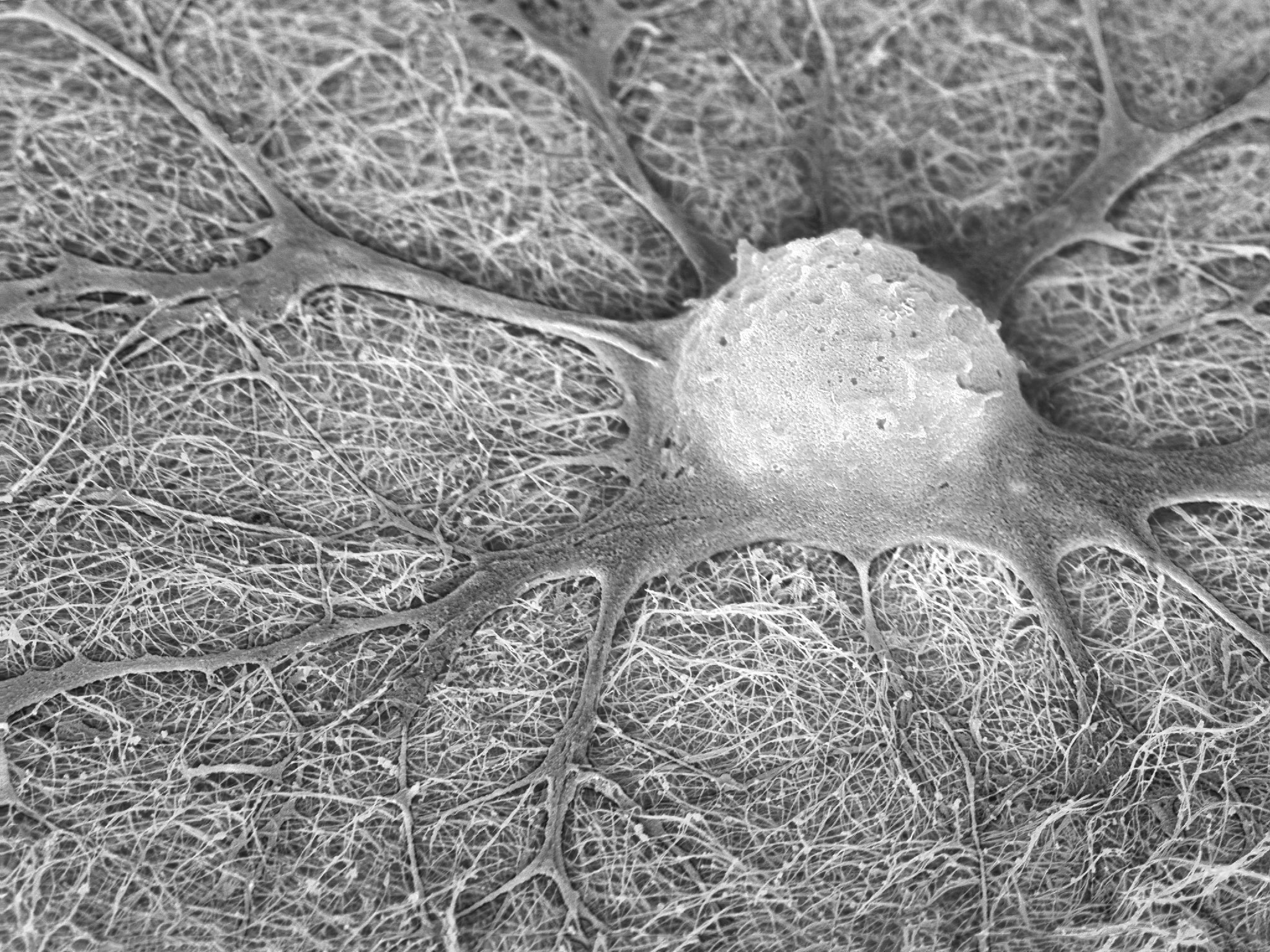ISSCR News

Global Survey Seeks to Evaluate Feedback Practices to Create a More Inclusive Environment for Researchers
The ISSCR is working with researchers out of the University of Greenwich, UK on a project that aligns with the Society’s strategic priorities to foster inclusivity, collaboration, and excellence within the research community. This initiative seeks to enhance feedback practices across disciplines and regions, creating a more inclusive environment that particularly benefits early-career and marginalized researchers.

Researchers Develop Personalized Stem Cell Model ALS for Fast, Individualized Drug Testing
In amyotrophic lateral sclerosis (ALS), motor neurons that are required for muscle contractions die off, leading to progressive paralysis affecting most muscles of the body. The molecular causes of ALS are poorly understood, and effective treatments are missing.
To study ALS in the lab, Hideyuki Okano and his colleagues from Keio University, Japan, developed a new method to make motor neurons from stem cells taken directly from ALS patients. The results were just published in the journal Stem Cell Reports.

New Podcast Episode. SeqVerify: A New Easily Accessible Tool for Comprehensive Cell Line Quality Assessment
During the last decade, advances in genome editing and pluripotent stem cell (PSC) culture have let researchers generate edited PSC lines to study a wide variety of biological questions. However, abnormalities in cell lines such as aneuploidy, mutations, on-target and off-target editing errors, and microbial contamination can arise during PSC culture or due to undesired editing outcomes. To ensure valid experimental results and the safety of PSC-derived therapeutics, it is important to detect these abnormalities and choose PSC lines without them. Existing quality control methods typically focus on detecting one type of abnormality. Whole genome sequencing is an all-in-one detection method for any abnormality involving changes to DNA sequences but until now it has required considerable computational expertise. Today’s guests will discuss a new computational tool, SeqVerify, that analyzes short-read WGS data for quality control of wild-type or edited PSCs. The platform provides an end-to-end analysis framework that can be a valuable quality control method for researchers working with PSCs, and more broadly, for cell line quality control in general.

Member Spotlight: Hongmei Wang, PhD
I greatly value the opportunity to engage with peers, share our work, and inspire the enthusiasm of emerging young scientists.

Receive ISSCR Press Releases
Sign up be a part of ISSCR’s media list. Media Contact: Kym Kilbourne, Director of Media and Strategic Communications
Subscribe to ISSCR News.
Each month, ISSCR delivers scientific, policy, and community to your inbox .

